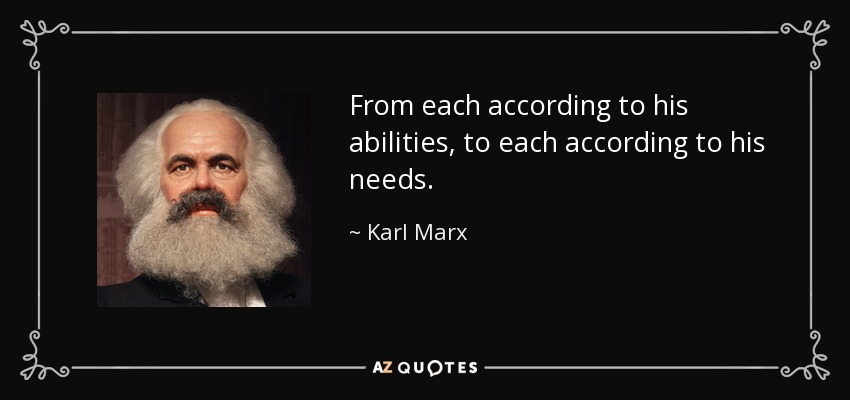

The ratio of this surplus product and the capital advanced in the economy at the beginning of the year, consisting of means of production and means of subsistence, gives, in material terms, the general rate of profits. The characteristic feature of the classical surplus approach is that it determines the distributive variables -the real wage rate (or the share of wages) and the rate of profits- not symmetrically (as contemporary advocates of demand and supply theory and later marginalist theorists), but asymmetrically: While the real wage rate (or share of wages) was given, the rate of profits was determined residually in terms of the surplus product that obtained after all used-up means of production and wage goods (means of subsistence) had been subtracted from gross output levels. Most importantly, he deserves the credit for having rediscovered the classical surplus approach to the theory of value and distribution, from under thick layers of misinterpretation by authors he called “vulgar economists”. Marx improved upon the received analyses of the classical economists in several respects. Section 9 contains some concluding observations. Section 8 relates his concepts of the Standard commodity and Standard system to the problem of the common third.

Section 7 summarizes Piero Sraffa’s views on the issue of the common third, or tertium comparationis, and what became known as the “labour theory of value”. It is argued that Marx put forward different definitions of it, which are not mutually compatible with one another. Section 6 has a closer look at whether the concept of abstract labour is meaningful and well defined. It is argued that there are possibly several common thirds, which typically will be use-values, an idea Marx strictly abhored. Section 5 puts forward a first objection to Marx’s construction, which is based on the idea that “abstract labour” is the common third -the common element of two commodities that exchange at a given rate. Section 4 turns to the starting point of Marx’s investigation, the value relation as discussed by Aristotle, and what Marx found wrong with it. Section 3 then explains his “law of value” -the core of his analytical construction. Therefore, the paper discusses briefly, in Section 2, what I consider to be his main achievements, followed by what I take to be his main failures.

This negative result must not be read as implying that Marx’s analysis is of no interest and worth whatsoever. Several objections to it will be raised and it will be concluded that it cannot. In this paper I discuss Marx’s contribution to political economy, focusing attention almost exclusively on this premise -his first principle, so to speak- and whether it can be sustained. Yet what to him was a crucial analytical premise, politicians elevated to an article of faith. Marx constructed his theory of capitalism essentially around this dictum. Marx had insisted: “The basis, the starting point for the physiology of the bourgeois system, (…) is the determination of value by labour time” ( Marx, 1989, p. However, in Marx’s analysis there is one element in particular that played a most important role not only in the intellectual discourse about his construction, but also in political struggles in which it was used as a litmus test of who held the “right belief” and who was a renegade or heretic. Could anyone possibly mistake Capital for a handbook of the revolutionary and ruler of the socialist polity? It obviously was an attempt to come to grips with the “internal organic coherence” and “life-process” of the “bourgeois system”, its “physiology” ( Marx, 1989, p. His scant remarks on socialism are remarkably pale and unspecific. Convinced that he had revealed the “law of motion” of modern society, which necessarily led to the demise of capitalism and the rise of socialism, he was keen to act as an obstetrician of a new age which would overcome the exploitation of man by man, alienation, commodity fetishism and cognitive distortions of various sorts. He also had strong political leanings and aspirations. Marx was first and foremost a scientist and wished to be judged in terms of his scientific achievements. The poor man was made responsible for what he hardly could have been responsible for, having passed away in 1883. With the fall of what was called “really existing socialism” he also fell in disrepute and repeatedly was blamed for what had happened in it. Karl Marx, whose 200th birthday is on May 5, 2018, was a most important social scientist and philosopher, whose ideas had an impact on many disciplines, including political economy.


 0 kommentar(er)
0 kommentar(er)
